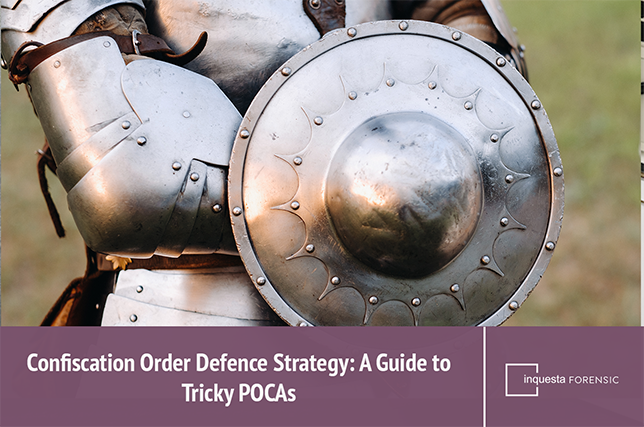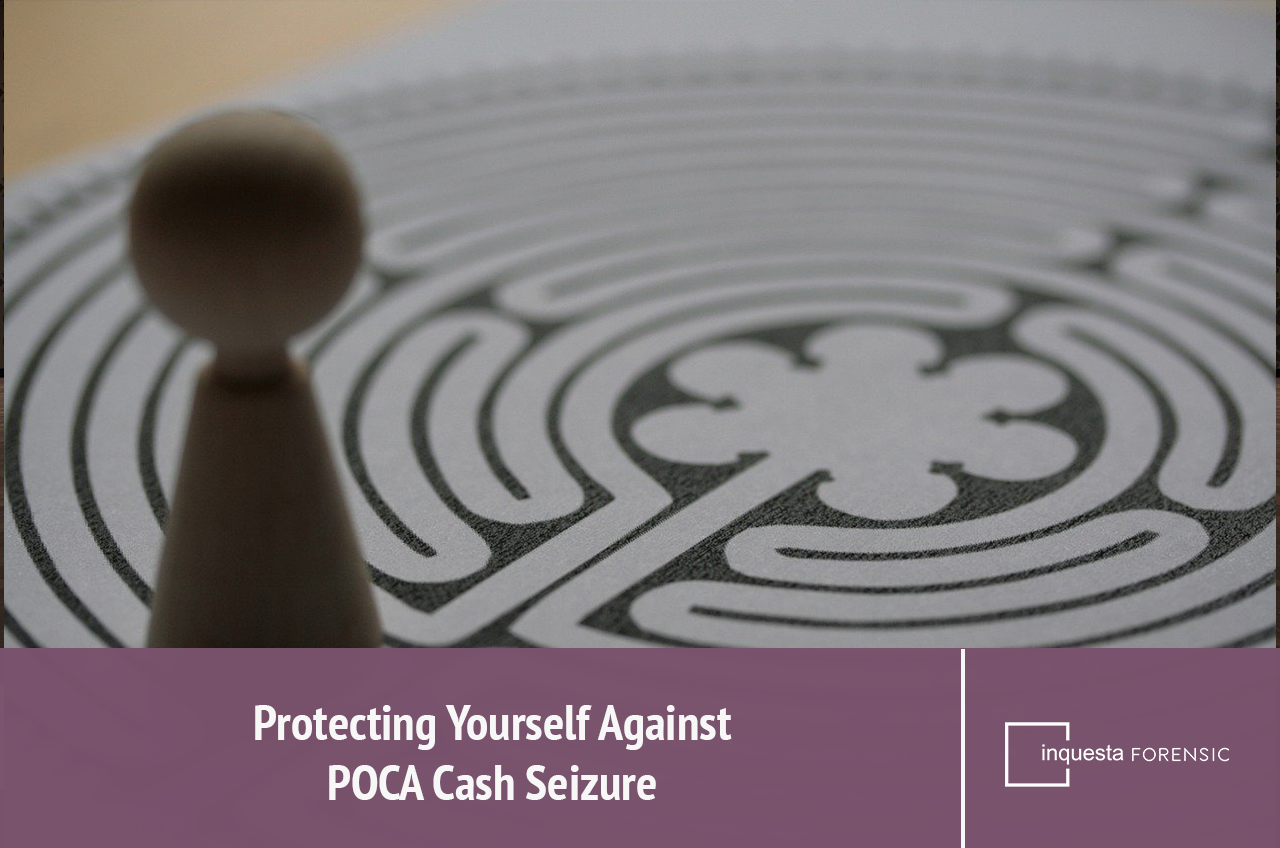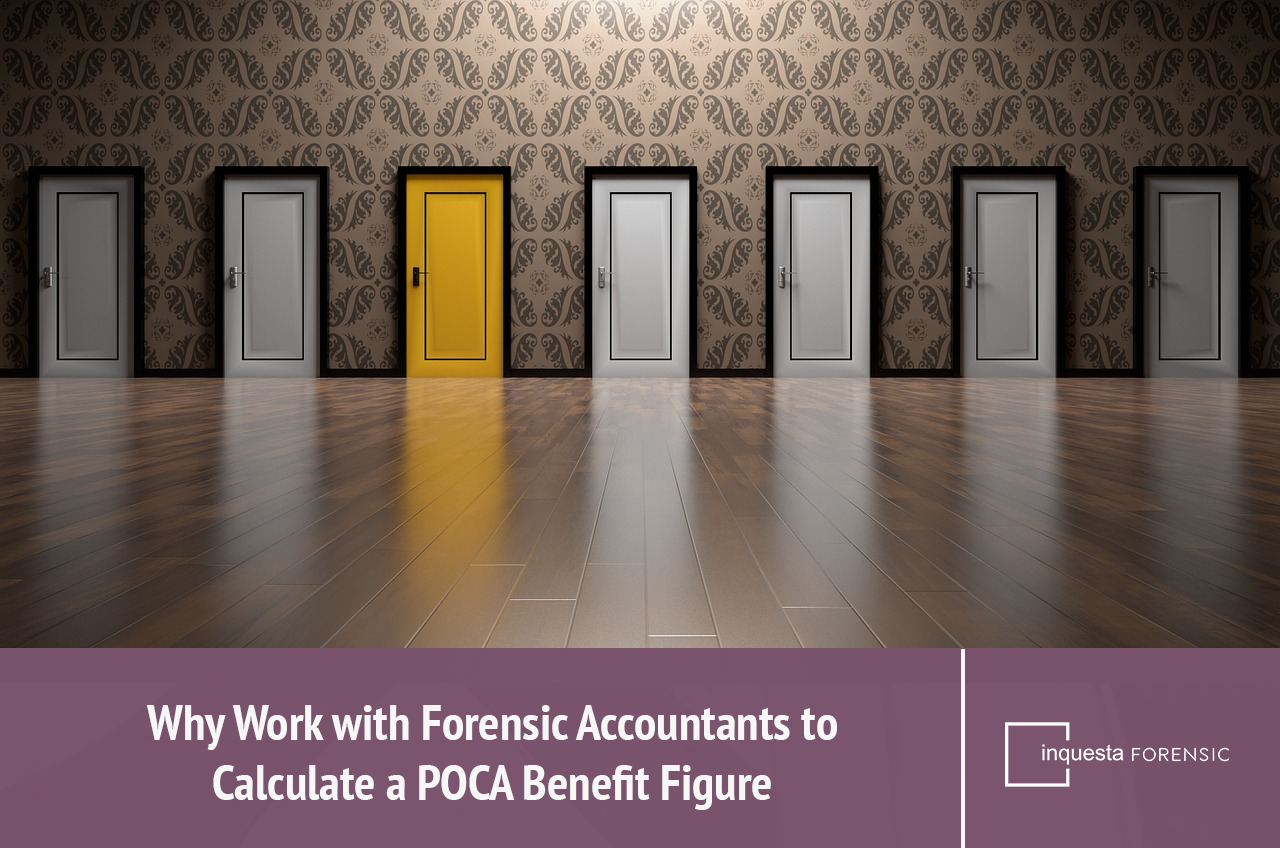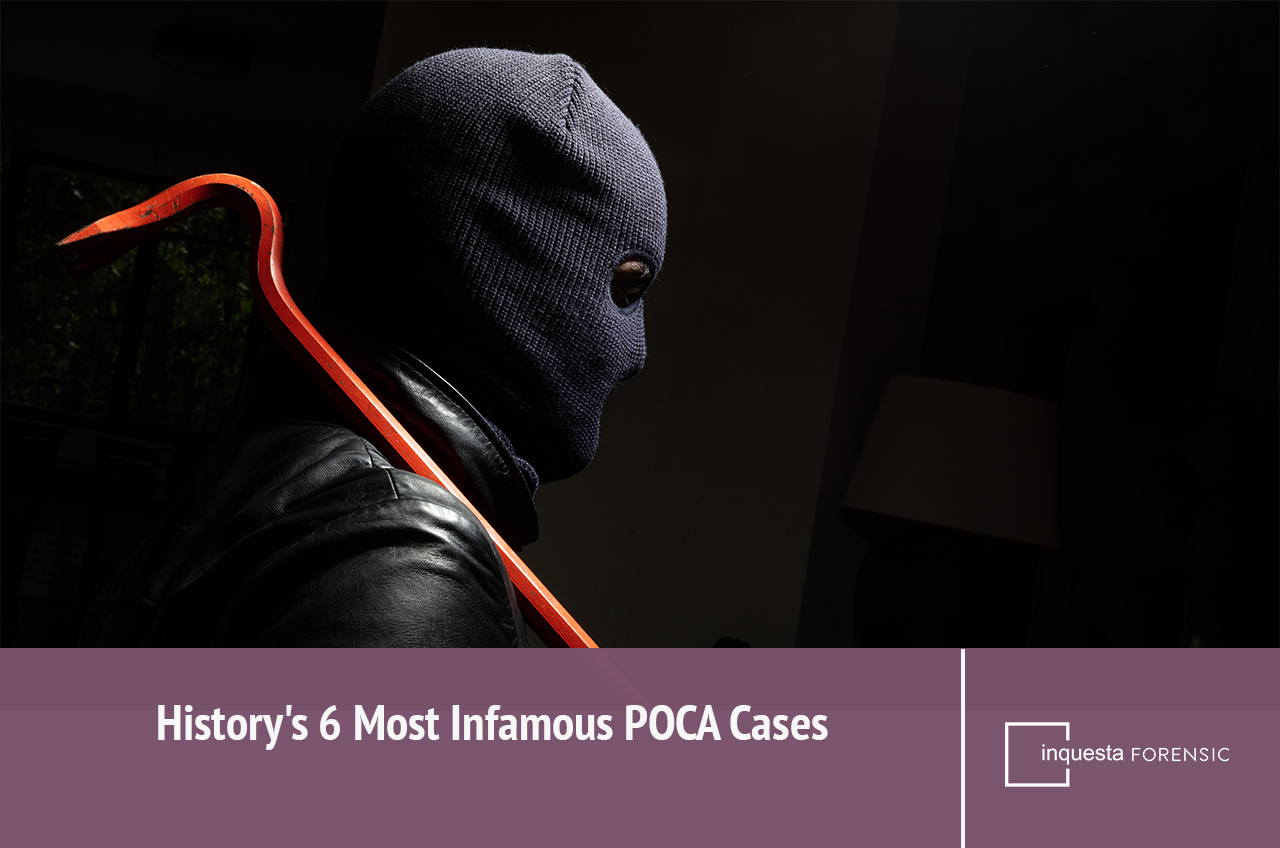The Proceeds of Crime Act 2002 (POCA) stands out as a cornerstone of the UK’s efforts to combat financial crime and recover assets derived from illegal activities. Among its many provisions, the so-called “6 year rule” remains one of the most significant and, at times, misunderstood aspects of POCA confiscation proceedings.
Whether you’re a business owner, an individual accused of financial wrongdoing, or a professional adviser/solicitor, a clear understanding of the POCA 6 year rule is critical. This guide explores its nuances, practical implications, and how forensic accountants can assist in navigating its many complexities.
What is the POCA 6-Year Rule?
The POCA 6 year rule applies specifically to criminal lifestyle cases where the court makes certain assumptions surrounding assets and financial activity during the six years prior to legal proceedings commencing. When calculating the ‘benefit figure’ (the value of gains obtained through criminal means), the prosecution is able to make powerful assumptions under this rule. These include:
- They can assume that any property transferred to the defendant in the six years prior to the ‘relevant date’ is a proceed of crime. The relevant day is defined as the first day of the period of six years ending with either: (a) the day when proceedings for the offence were started against the defendant, or (b) if there are multiple offences with proceedings started on different days, the earliest of those days.
- They can also assume that any property held by the defendant during this same period was also sourced as a result of the proceeds of crime.
These presumptions effectively shift the burden of proof to the defendant, creating a significant challenge that requires careful strategy paired with detailed financial analysis to effectively counter these assumptions and protect legitimate assets from confiscation.
Key Elements of the POCA 6 Year Rule
When a defendant is deemed to have a ‘criminal lifestyle’, the courts are able to make sweeping assumptions regarding the origins of their assets and financial activity for six years prior to any legal proceedings beginning.
As per the POCA 6 year rule, the following assets will likely be presumed to have been acquired through criminal means and therefore will be subject to scrutiny:
- Property Transfers
- Held Property
- Expenditure
- Assets Held at the Time of Conviction
Defence Strategies to Implement
Facing confiscation proceedings can be highly daunting, particularly when the POCA 6 year rule comes into effect. This is because the burden of proof shifts to the defendant. It is up to them to demonstrate that their assets were legitimately acquired, requiring a carefully constructed defence strategy backed by comprehensive financial evidence.
A coordinated approach that addresses both the legal parameters and forensic financial analysis provides the strongest foundation for challenging these assumptions made under the six year rule. Here are some key factors that should be considered:
- Challenging the Criminal Lifestyle Designation: The six year rule only applies if the defendant meets the criteria for a “criminal lifestyle”. By disputing this designation, you can eliminate the issue of assumptions altogether.
- Proving Legitimacy: Presenting robust evidence — such as bank statements, tax returns, and legitimate records of income — can help to disprove assumptions made and minimise future potential cash seizure.
- Addressing Tainted Gifts: Defendants need to understand that any asset transferred for no consideration can be deemed a tainted gift and included in the available amount for confiscation, regardless of whether the asset was legitimate or connected to criminality. The focus should be on challenging whether transfers were truly made without consideration.
The Role of Forensic Accountants in Proceeds of Crime & the 6 years Rule
Forensic accountants are indispensable in navigating the complexities of POCA confiscation proceedings, particularly those involving the POCA 6 year rule. Their expertise lies in uncovering, assessing, and presenting key financial data in order to support a client’s Proceeds of Crime defence strategy. Here’s how they contribute:
1. Tracing Asset Origins
Forensic accountants meticulously trace the origins of assets and income relevant to the case, in order to disprove the presumption of its criminal provenance.
By thoroughly analysing historical financial records, they can highlight legitimate sources of income which may otherwise have been dismissed or misinterpreted as illicit gains.

2. Challenging Assumptions
The assumptions under the POCA 6 year rule place a heavy burden of proof on defendants. Forensic accountants work to challenge any such assumptions by:
- Providing detailed financial reports aimed at establishing legitimate income streams.
- Identifying inaccuracies in the prosecution’s calculations regarding the benefit amount.
- Demonstrating that expenditure during the six years aligns with lawful income.
3. Valuing Assets
Accurate valuation of relevant assets is critical in confiscation proceedings. Forensic accountants can be responsible for ensuring that the value attributed to assets reflects their actual true market worth. This can be vital in preventing overestimations by the prosecution, a common tactic employed to maximise the benefit amount.
4. Supporting in Negotiations
There may be circumstances where adjustments to confiscation orders are required. In such scenarios, forensic accountants can provide data-driven insights to negotiate fair and realistic payment terms.
Practical Tips for Businesses and Individuals
Navigating the POCA 6 year rule requires proactive measures if you’re to successfully mitigate the risks while also strengthening your defence. Consider the following practical tips:
1. Maintain Comprehensive Financial Records
Whether you’re a business or an individual, keeping thorough and well-organised records of income, expenditure, and asset acquisition is essential. These documents can act as crucial evidence in challenging presumptions under the POCA 6 year rule.
2. Act Quickly When Accused
It’s important that you engage legal and forensic experts as soon as proceedings are initiated. Early intervention can be vital in building a robust defence — ensuring you have the best possible chance of preventing procedural missteps that would worsen your position and minimise your odds of a successful outcome.
3. Seek Professional Advice for Asset Transfers
If you’re planning significant transfers of assets, you might want to consider consulting with legal/financial advisers in order to ensure full compliance with relevant laws — and to avoid potential claims of ‘tainted gifts’ down the road.
4. Prepare for Thorough Financial Scrutiny
Understanding that financial scrutiny under the POCA 6 year rule is extensive and detailed, maintaining transparency in your financial affairs and seeking professional advice will be vital in addressing allegations effectively.
Timely and Expert Assistance Can Make The Difference: Get in Touch Today
The POCA 6 year rule is a complex and far-reaching provision in an already difficult to follow process — it can have significant financial and legal consequences for both businesses and individuals. Whether you’re dealing with pre-proceeding assumptions or post-conviction reassessments, a strong defence strategy requires detailed financial analysis, meticulous record-keeping, as well as seeking out prompt advice from an expert.
Forensic accountants play a vital role in such cases, providing the expertise needed to challenge any assumptions made, trace legitimate income, as well as navigate procedural intricacies.
By understanding the nuances of the proceeds of crime 6 year rule and seeking professional guidance early in the process, defendants can protect their interests and improve their chances of achieving a more favourable outcome during confiscation proceedings.
If you’re faced with POCA confiscation proceedings or wish to ensure compliance with the law, Inquesta Forensic is here to help. Our expert team specialises in complex financial crime cases and offers tailored strategies aimed at protecting both your assets and your rights.
- Your Partner’s Been Convicted: Can They Take Your House? What Section 10a POCA Means For You
- The Essential Role of Forensic Accounting in High Net Worth Divorce
- How to Value a Startup Business: A Guide for UK Entrepreneurs
- Pig Butchering Scams: Guide to Crypto Romance Fraud
- Shareholders’ Disputes: How Business Valuation Helps with Shareholder Dispute Resolution










